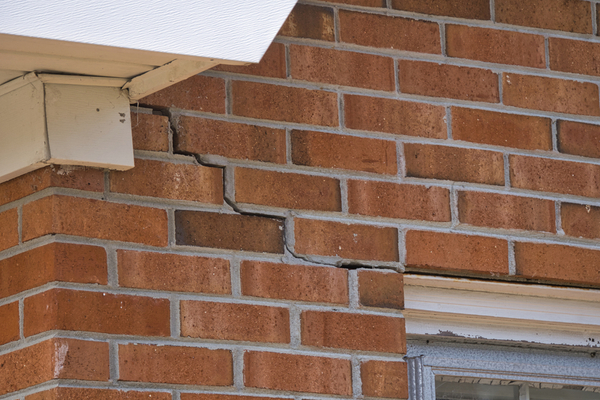There are a lot of curveballs that can be thrown into real estate transactions, such as an appraisal that comes in under the contract price. When an appraisal value comes back significantly lower than the offer price in deals that involve a mortgage, the lender may decline to issue a loan or require additional costs. This can be disappointing news for everyone involved in the transaction, including the buyer, seller, and agent. While delivering bad news is never easy, here are some ways to help soften the blow of low appraisals:

Don’t wait.
Whether you’re representing the buyer or the seller, let your clients know as soon as you can. If possible, meet with them in person. Let them know that there are some options and that the deal hasn’t necessarily hit a dead end.
Make sure your clients understand what appraisals include.
Knowing what an appraisal does and does not take into account can give buyers and sellers a better perspective of why the appraisal may not have come in higher. Among other things, the analysis performed by a qualified appraiser determines the fair market value for the residence, taking into consideration the quality of construction, current condition of the home, and even the recent selling prices of nearby properties.
Present solutions.
There are several things that can happen when appraisals are lower than the offer price. First, find out the procedures for challenging the appraisal. Request a copy of the report and review it to check for incorrect square footage or other inaccuracies that could affect the appraisal. Another solution is for the seller to make improvements to the home that may boost its value. This could take additional time that may not be amenable to the buyer. Or, the seller could accept a lower offer price that is in line with the appraisal. Another option is for the buyer to put more money down to make the difference between the appraisal and the offer price.
Take a minute – and a breath.
After you deliver the news and offer some options, give everyone involved in the real estate transaction time to take a step back and think about the situation instead of making rash decisions.
Add home warranty coverage.
HSA home warranties help protect home investments by safeguarding sellers from the expenses of covered home system and appliance component breakdowns during the real estate transaction process and protecting buyers after closing. This protection can be especially important if buyers choose to put more money into the deal to offset a disappointing appraisal. With HSA coverage, the new homeowners can worry less about their household expenses after closing because they’ll have a sound strategy in place for handling covered home system and appliance repairs or replacements. HSA home warranties can add value to any real estate transaction by helping to promote buyer confidence and peace of mind after closing and for the duration of the contract period. Buyers can also renew coverage annually for continued protection. For more information about HSA home warranty coverage, contact your HSA Account Manager or visit onlinehsa.com.
If your clients decide that the transaction is no longer viable after a low appraisal, it’s important to stay positive. Pivot as quickly as possible by presenting new listings to tour for buyers and by re-listing and re-marketing the home for sellers. It’s important to let your clients know that you’re still working hard on their behalf to help them reach their goals.